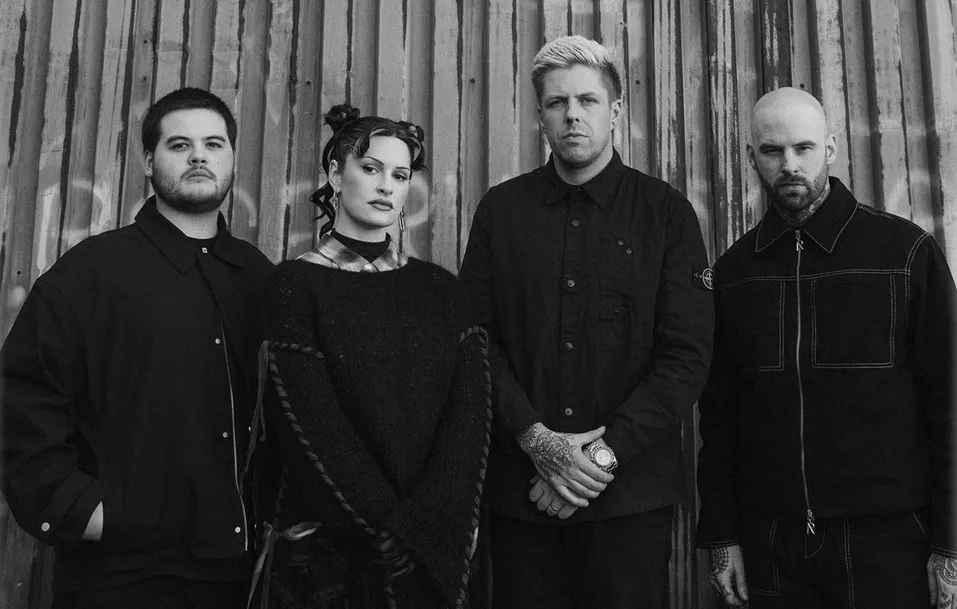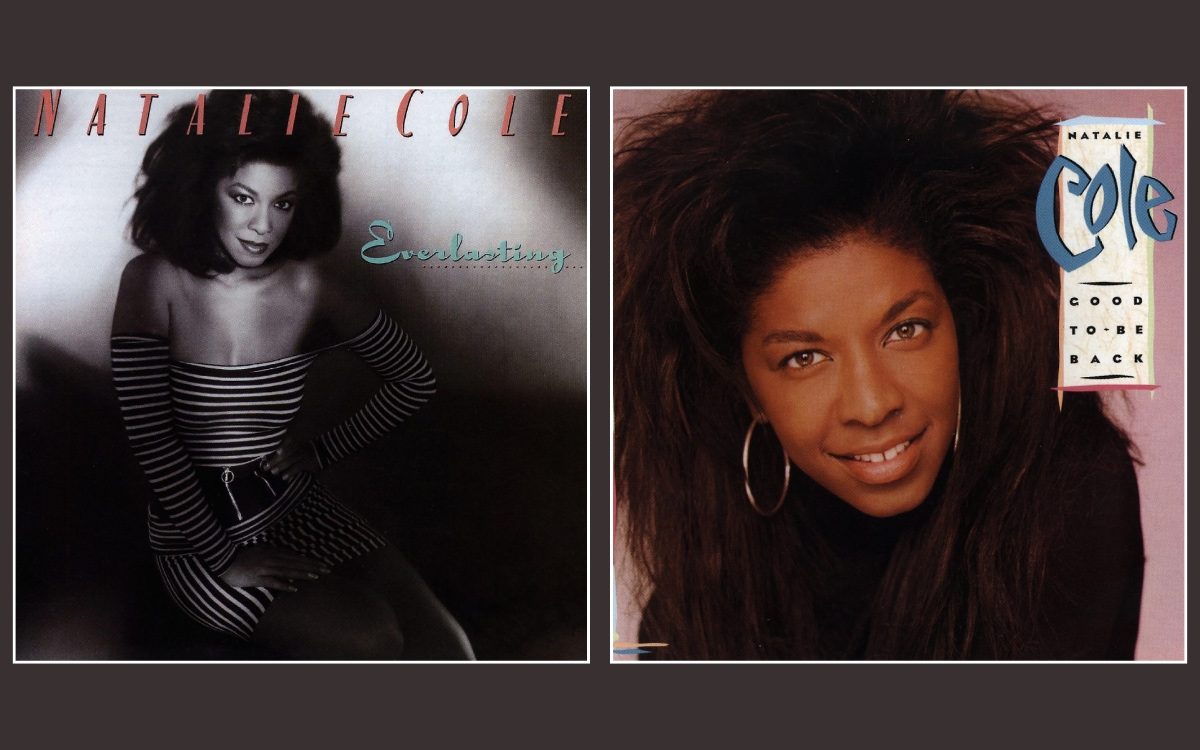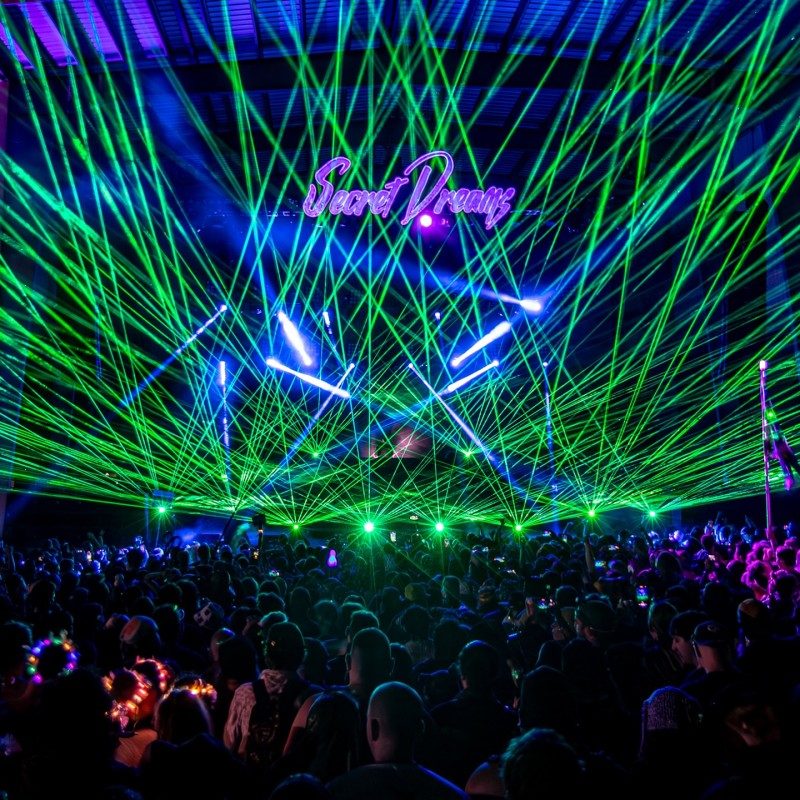Secretive White Noise Spammers are Making a Killing on Spotify—Here’s How

Obscure "artists" like White Noise Baby Sleep rack up millions of streams daily.
Popular white noise "artists" on Spotify such as White Noise Baby Sleep and Smart Baby Lullaby have cracked the code on the elusive of concept of making money from streaming. And they're hardly doing any work for it at all.
White noise soundscapes are “truly brainless to produce,” said an anonymous former sound designer for UK-based company Ameritz in a statement to OneZero. The sound designer chose to remain anonymous to avoid potential repercussions of revealing this trick, but claimed he'd spent countless hours recording white noise such as computer and desk fans.
Those recordings turn into the white noise tracks released on Spotify via a myriad of virtually anonymous sources, but many are tied to a shell "record label" called Peak Records, run by none other than Ameritz. As millions search terms like "music to fall asleep to," these tracks subsequently rack up millions upon millions of streams daily.
Other entitiesusing the same scheme exist, of course, but are more difficult to track due to the absence of their presence anywhere else but Spotify. Though the practice of using keywords and keyphrases as artist names is forbidden by Spotify, people still get away with it, with multiple entities often occupying the same artist name—rendering tracing almost impossible.
The practice also serves as a useful tool for search engine optimization purposes, as most users search for terms like "sleep music" or "calming sounds" over actual artist names when seeking out ambient tones for relaxation.
When following the breadcrumb trail back to which entities put forth the white noise tracks, things begin to get even blurrier. Suspicious company names like "Experiences in Music" or the extremely on-the-nose "Umbrella Terms Records" can be found behind each release, and those organizations exist nowhere else on the Internet besides Spotify.
Lullify, the force behind White Noise Baby Sleep, is an exception. The CEO of the organization, Patrick Zadja, told OneZero that while the company does upload to the generically named artist profiles on Spotify, it seeks to create its own brand identity. He likens it to thinking outside the box to optimize searches and build the brand, but insists that “some people, of course, will take it way too far.”
Peak Records and Ameritz, on the other hand, have a link that's a bit easier to follow. With an official website and social media pages, it appears that the company isn't making too much of a fuss about obscurity.
Three names repeatedly appear as songwriters when searching through the Ameritz releases' artist credits: David Christopher Green, Lewis Owen Heath, and David Stewart Wilks. Green is Ameritz’s Managing Director, Heath is its General Manager, and Wilks is listed under “legal and finance” on the company's website.
Though Spotify routinely removes music and artist profiles that operate using shady tactics like these, the sheer number of spammers is difficult to pinpoint. They routinely upload the same tracks with differing titles and artist names, ensuring that their works remain at the top of search results within the platform.
Ameritz recently reached a staggering three billion streams on Spotify, sharing a celebratory Facebook post.
Source: OneZero
Original ArticleTop Categories
Recent News
Daily Newsletter
Get all the top stories from Blogs to keep track.




